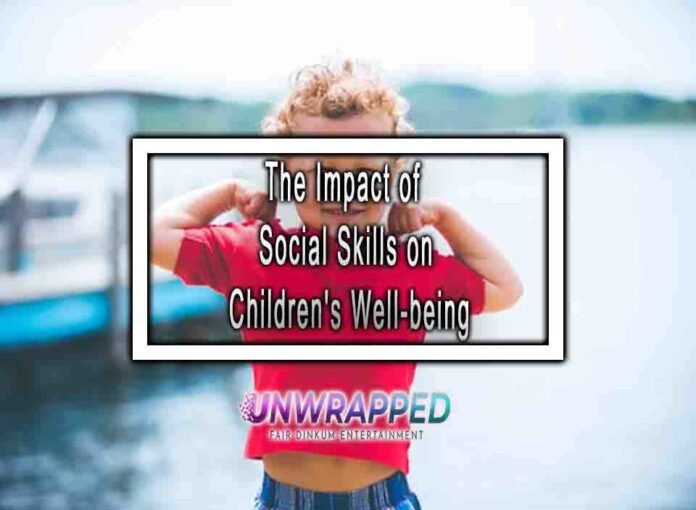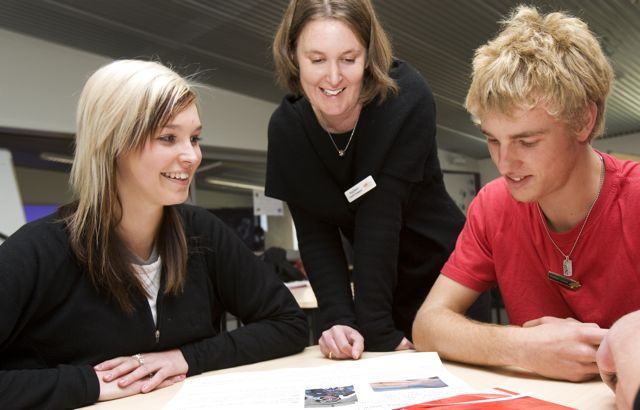Social skills play a crucial role in children’s overall well-being, affecting various aspects of their lives. Here are some key ways in which social skills impact children’s well-being:
Positive Relationships:
- Friendship Building: Social skills are essential for forming and maintaining positive relationships with peers. Children who develop strong social skills are more likely to make friends, leading to a supportive social network that contributes to emotional well-being.
- Conflict Resolution: Social skills enable children to navigate conflicts effectively, fostering healthier relationships and reducing stress.
 Emotional Regulation:
Emotional Regulation:- Empathy and Understanding: Social skills, including empathy, help children understand and respond to the emotions of others. This, in turn, contributes to their emotional intelligence and ability to regulate their own emotions.
- Communication: Effective communication skills allow children to express their feelings and needs, reducing frustration and promoting a sense of well-being.
Academic Success:
- Collaboration and Teamwork: Social skills are vital for collaborative learning and teamwork in the classroom. Children who can work well with others often experience more success in group activities and projects.
- Peer Influence: Positive social interactions with peers can have a positive impact on academic motivation and engagement.
Self-Esteem and Confidence:
- Social Acceptance: Children with strong social skills are more likely to be accepted by their peers, contributing to higher self-esteem and confidence.
- Positive Interactions: Successful social interactions provide a sense of accomplishment, reinforcing a child’s self-worth and belief in their abilities.
Adaptability and Coping Skills:
- Flexibility: Socially skilled children are often more adaptable to new situations and changes. They can navigate social challenges with greater ease, promoting resilience and reducing stress.
- Problem-Solving: Social skills contribute to effective problem-solving, helping children find constructive solutions to interpersonal challenges.
Behavioral Regulation:
- Social Norms: Understanding social norms and expectations helps children regulate their behavior appropriately in different social settings.
- Peer Influence: Positive social skills can serve as a protective factor against negative peer influences and behaviors.
Bullying Prevention:
- Conflict Resolution Skills: Children with strong social skills are better equipped to handle conflicts and disagreements, reducing the likelihood of engaging in or being a target of bullying.
- Empathy: Developing empathy through social skills can create a more inclusive and compassionate social environment, discouraging bullying behaviors.
Quality of Life:
- Social Support: Well-developed social skills contribute to a strong social support system, which is linked to better mental health and an overall higher quality of life.
- Friendship Satisfaction: Positive social interactions and friendships enhance a child’s overall life satisfaction and happiness.
In conclusion, social skills are integral to children’s well-being, influencing their emotional, academic, and social experiences. Fostering the development of social skills in children contributes to a positive and supportive foundation for their growth and development. Schools, families, and communities all play important roles in nurturing and reinforcing these essential skills.



 Emotional Regulation:
Emotional Regulation:







